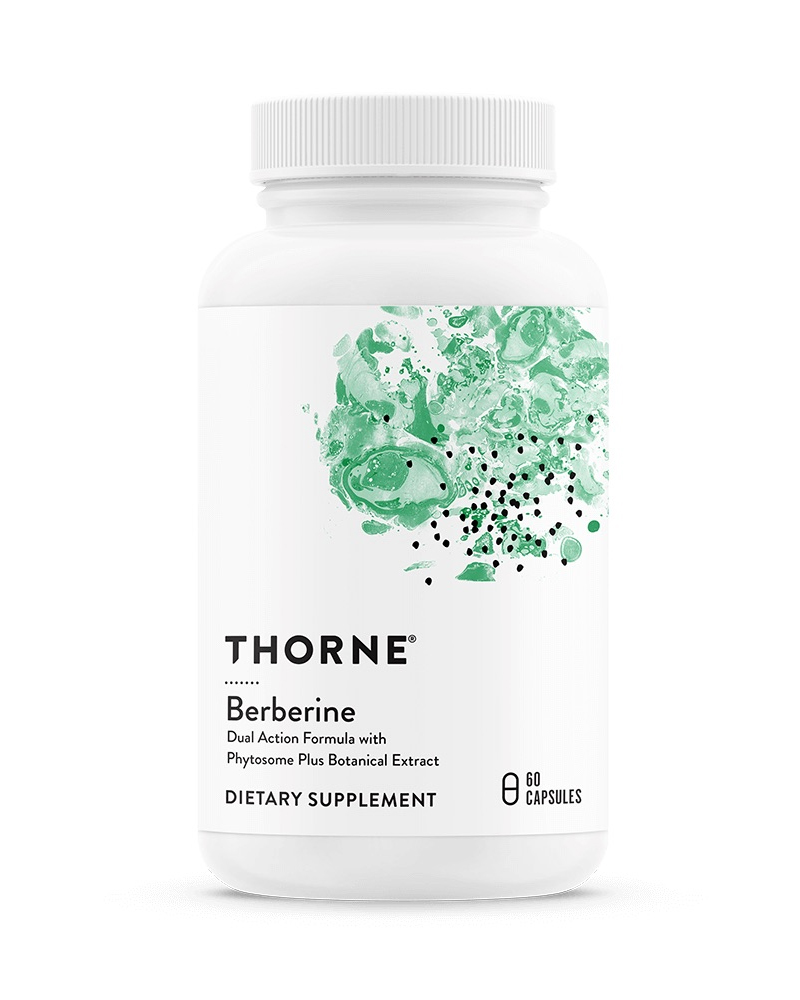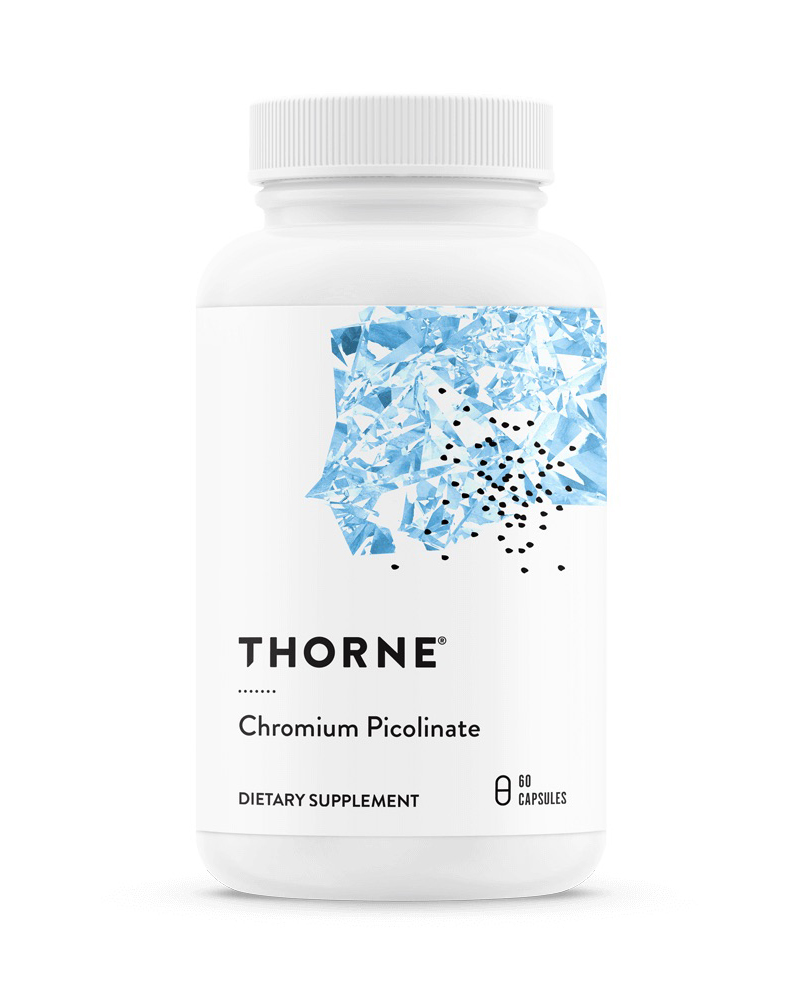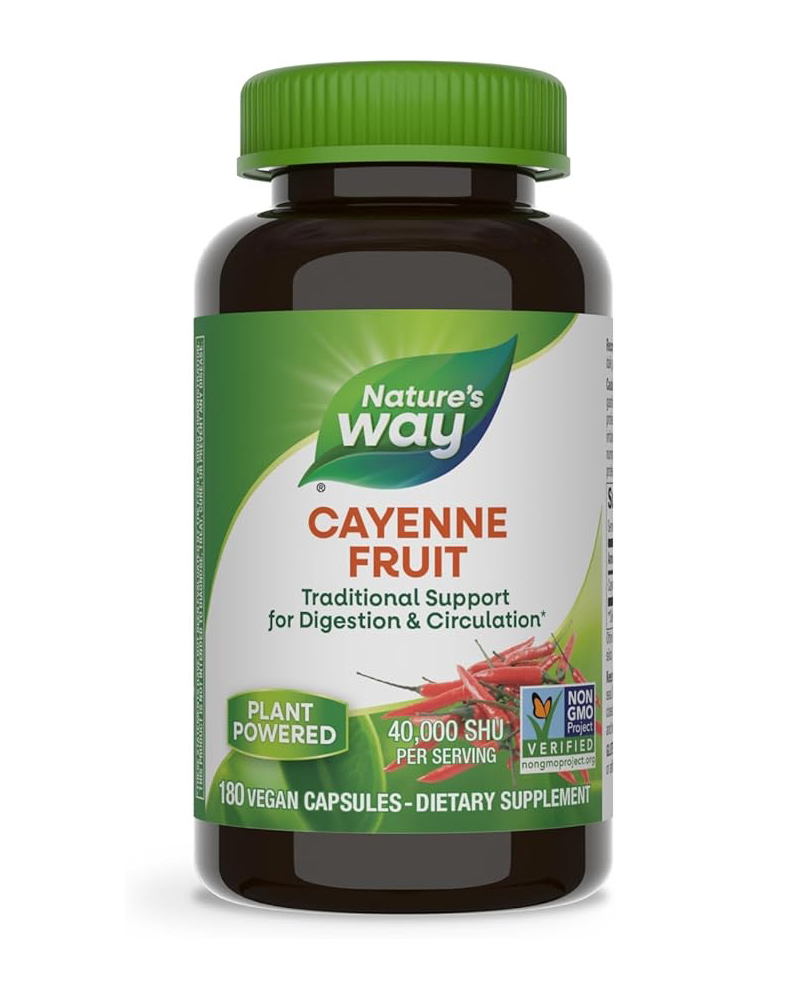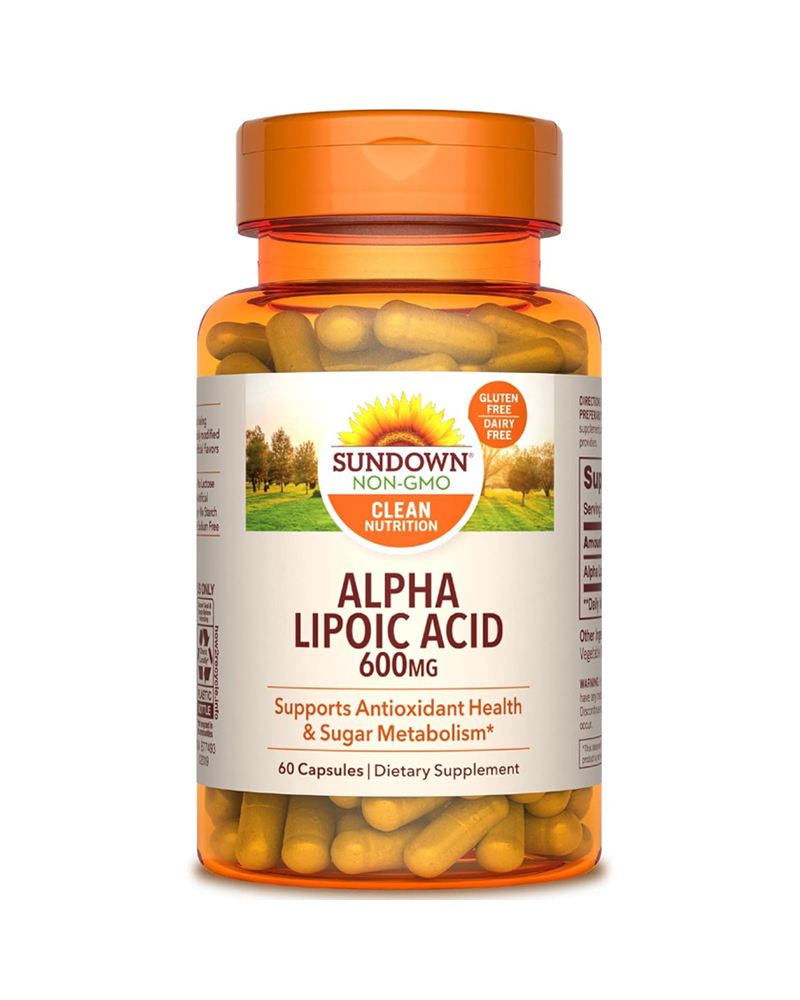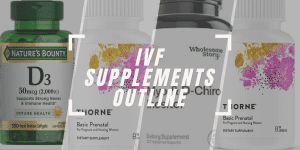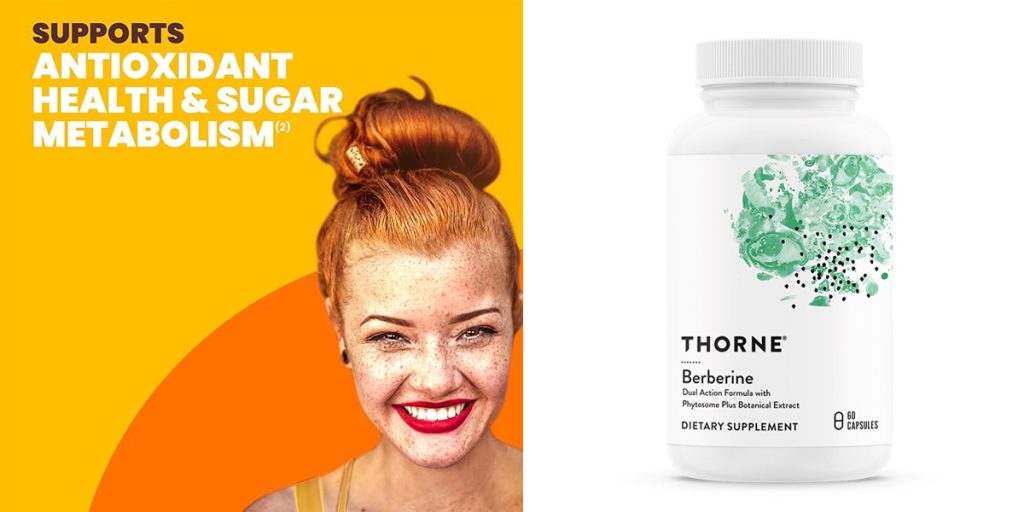
Weight loss drugs like Ozempic and their generic equivalents, such as semaglutide and tirzepatide, have taken the healthcare industry by storm. These medications were initially prescribed for patients with Type 2 Diabetes, but in recent years, they have been prescribed off-label for weight loss. Patients with diabetes who were taking these drugs for blood sugar control noticed substantial weight loss as a side effect of taking these medications. And—the rest is history.
Why Consider an Ozempic Alternative?
Like any drug, these prescription weight loss medications are not without downsides. They can cause several adverse side effects, such as nausea, constipation, fatigue, kidney disease, pancreatitis, and the list goes on and on. They also can cost a pretty penny, as health insurance rarely covers these drugs when they are prescribed off-label for weight loss purposes.
Because of this, more and more people are looking for ways to manage their weight and blood sugar levels through non-prescription means. While these natural options don’t mimic the pharmacological effects of semaglutide to the same degree, they offer supportive benefits that can complement a healthy lifestyle and weight loss efforts.
Natural Supplements
We will break down the top five most beneficial for those looking for a more natural alternative to weight loss drugs.
1. Psyllium Husk
The key to weight loss and appetite control is a high-fiber diet. Unfortunately, most Americans don’t consume nearly enough fiber. The recommended daily allowance is 25 grams daily for women and 38 grams for men. However, on average, American adults eat only 10-15 grams of total fiber per day.
Psyllium husk is a form of soluble fiber that is extremely powerful for weight loss. This soluble fiber helps increase satiety and control appetite by forming a gel-like substance in the stomach, which can aid in weight management and keep blood sugar levels under control. Additionally, this gel-like substance travels through the digestive system, gathering toxins such as cholesterol, which promotes more substantial bowel movements. This process not only aids in detoxification but also supports overall digestive health.
It’s important to start slow when introducing this product into your routine. It’s recommended to start with as little as ½ a tablespoon of psyllium husk or ½ a teaspoon of psyllium husk powder (as husk powder is more concentrated). You simply mix it with at least 8 to 12 ounces of water. Once your body adjusts to the increased fiber, you may increase the dosage to a full teaspoon or tablespoon and consume it up to three times daily. Psyllium husk also comes in the form of capsules, offering a more convenient option for some people.
- Viva Naturals Psyllium Husk Powder
- NOW Foods Psyllium Husk Capsules
- Organic India Psyllium Husk Fiber Powder
2. Berberine
Derived from plants such as barbelly and goldenseal, berberine is highly regarded for enhancing insulin sensitivity and regulating blood sugar (glucose) levels. It has even been nicknamed “nature’s Ozempic.” This compound works by stimulating glucose uptake into the cells, thereby reducing glucose levels in the blood. Studies have shown that berberine can reduce blood sugar levels to a degree comparable to metformin, another common diabetes medication.
This blood sugar regulation is also essential for weight loss. Lower blood sugar levels mean that there is less glucose available to be converted into fat and stored. This is especially important in reducing visceral fat—the deep abdominal fat surrounding organs—which leads to significant health issues.
The optimal dosage of berberine is between 1000 to 1500 mg per day, typically divided into two or three doses with meals.
3. Chromium Picolinate
Chromium, particularly in the form of chromium picolinate, is an essential trace mineral that works by enhancing insulin sensitivity. Studies suggest chromium supplementation can help reduce cravings for carbs and sugars and decrease appetite. This can lead to reduced calorie intake and be beneficial for weight loss efforts, particularly for those who struggle with overeating.
Given these benefits, healthcare providers often recommend chromium supplementation as part of a comprehensive treatment plan for managing diabetes and insulin resistance. Chromium picolinate doses may range widely depending on the product, but research finds that up to 1,000 mcg per day is safe.
4. Capsaicin
Capsaicin is the active ingredient found in chili peppers. It has become increasingly popular due to its effects on weight loss. Capsaicin can increase the body’s internal heat production, a process known as thermogenesis, which helps burn calories by boosting your metabolic rate. Studies suggest that consuming cayenne pepper can enhance energy expenditure and fat oxidation, making it an excellent way to support weight loss.
5. Alpha-Lipoic Acid
Alpha-lipoic acid (ALA) is an antioxidant that assists in converting sugar into energy. ALA is a common ingredient in weight loss supplements, as evidence suggests that it can suppress appetite, enhance fat breakdown, and improve blood sugar levels.
Research also indicates that ALA can influence weight loss by targeting a key enzyme in the brain’s hypothalamus that influences hunger, leading to reduced appetite and fewer calories consumed. ALA can be consumed through foods like spinach, broccoli, and potatoes or as a dietary supplement. A typical dosage range is between 300-600 mg per day, often divided into smaller doses throughout the day.
Key Takeaways
Exploring natural alternatives to semaglutide offers promising benefits for managing weight and blood sugar levels without the adverse side effects of prescription drugs. These supplements can complement a healthy lifestyle and enhance metabolic health by improving insulin sensitivity, increasing satiety, and promoting fat metabolism.
Remember to start with smaller doses to assess tolerance and gradually increase as needed. Always consult with your healthcare provider before starting any new supplement to ensure it aligns with your health needs and does not interact with other medications you may be taking. Additionally, follow the dosage instructions on the supplement label to ensure optimal results and safety.



